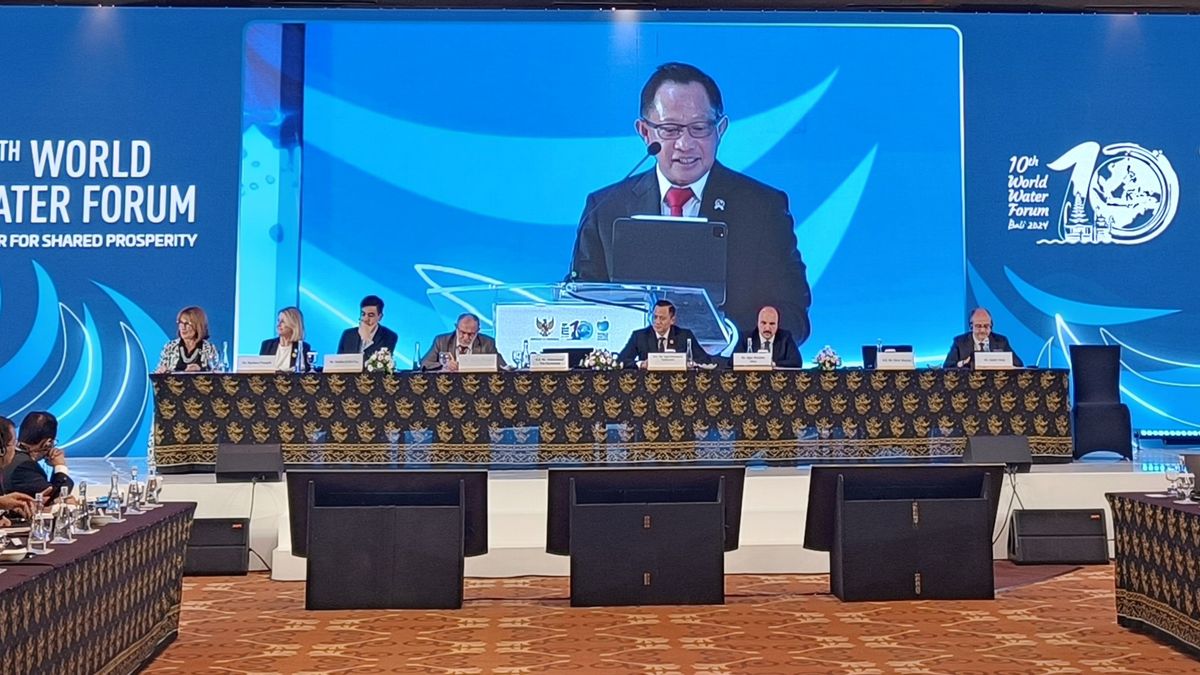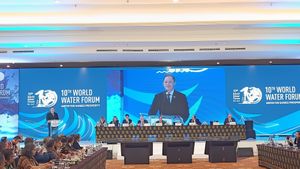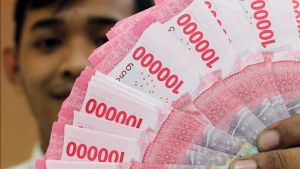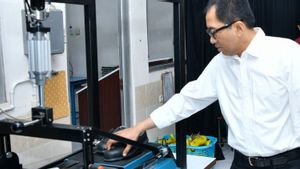JAKARTA - Minister of Home Affairs (Mendagri) Muhammad Tito Karnavian also became a speaker at the 10th World Water Forum (WWF) at the Bali Nusa Dua Convention Center (BNDCC), Bali, on Wednesday, May 22.
In his remarks, Tito said the importance of managing water resources with large orchestration from across countries and across sectors.
This is because water is transnational and crosses borders between countries, not a single country in the world can manage water independently.
Tito assessed that orchestration from all countries is very important. Integrated efforts must be carried out at the international level as was done at the 10th World Water Forum which this time took place in Bali.
"Water crisis is cross-border, not a single country around the world can manage each other's water. We must have a smaller coordination system in a country, at all levels," he said.
He said, the political system and government administration between one country and another are different. There are countries that adhere to democratic systems, centralization, as well as decentralization, both fully and partially.
However, after all, the system, water does not recognize the system. This requires cooperative efforts that involve the role of the government at all levels, from international to village.
"Indonesia is a democratic country that implements a partial decentralization system. This country consists of 38 provinces, 98 cities and 416 districts, covering 280 million human beings. We divide the task of water management to the central, provincial, city, district and village governments. Once again it is not easy, because of the facts of the country's extent," said Tito.
On that occasion, he gave several strategic efforts that have been made by the central government and local governments (Pemda) in Indonesia to support the management of water resources.
Some of these efforts, namely first to issue policies related to drinking water and sanitation in order to fulfill national development targets.
Second, the central government facilitates and oversees local governments in order to increase the use of irrigation water.
Third, carry out local government monitoring and evaluation in order to increase resilience to hydrometeorological disasters, such as floods, forest and land fires, drought and extreme weather and landslides.
The fourth is to encourage local governments to formulate and issue regional regulations (perda) on water resources. Fifth, make innovations or breakthroughs to support the sustainability of water resources at the local level.
Sixth, establishing a Regional Owned Enterprise (BUMD) that provides drinking water and clean water.
Seventh, overseeing the village government in using the Village Fund budget allocation for water problems.
"In 2024, we, the central government, will provide USD 4.44 billion for the village. Part of the funds are used for water management at the village level, such as irrigation waterways, clean water facilities, toilet supply, wells, replanting water catchment areas and much more," he explained.
SEE ALSO:
Tito added that the orchestration in water management does not only involve cooperation between government institutions.
However, efforts were also made by involving all stakeholders which included Non-Governmental Organizations (NGOs), civil society, media, academics and influential figures.
"The organizations include various programs ranging from education, conservation, provision of clean water management, mitigation of pollution, including handling waste and many more," he added.
The English, Chinese, Japanese, Arabic, and French versions are automatically generated by the AI. So there may still be inaccuracies in translating, please always see Indonesian as our main language. (system supported by DigitalSiber.id)
















